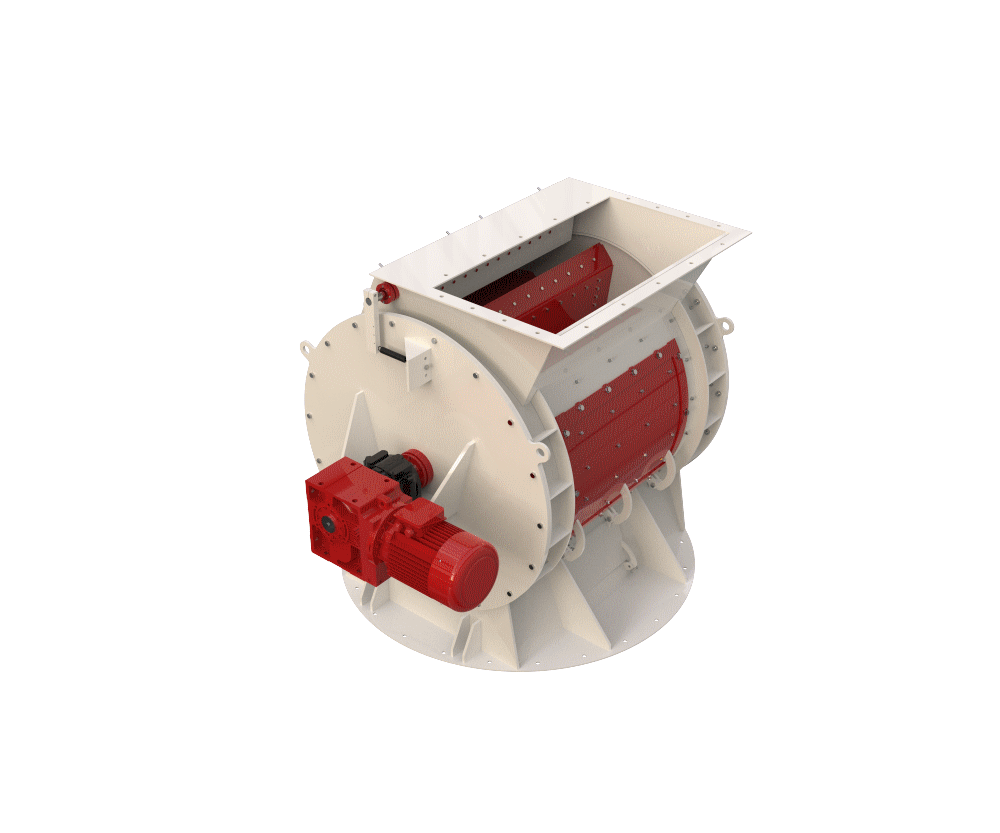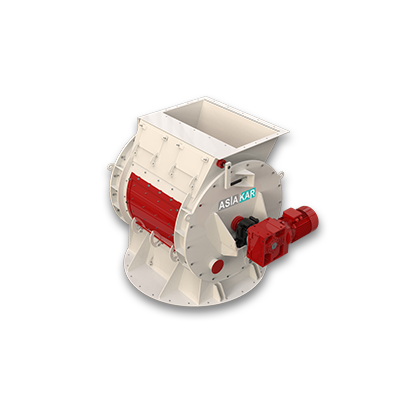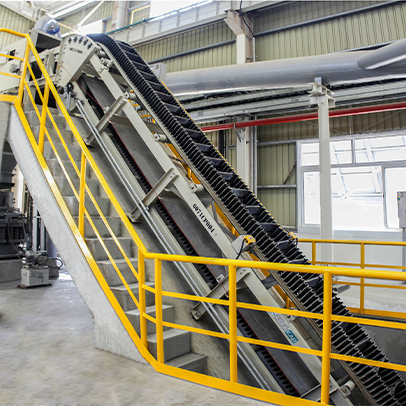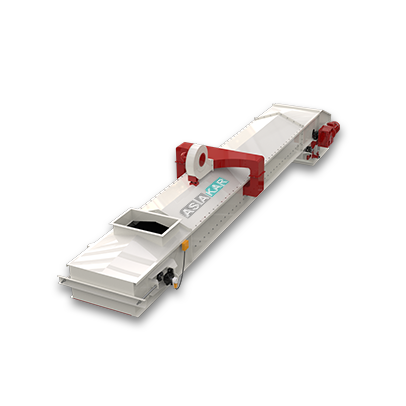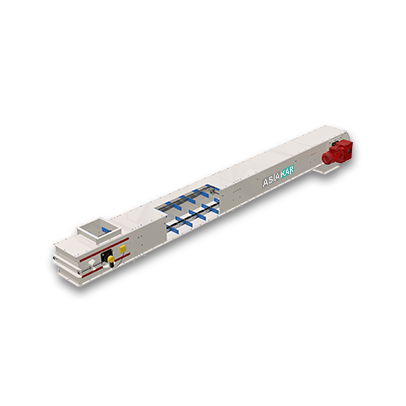
Chain Conveyor

Z-Type Scraper Chain Conveyor
Rotary Air Lock and Rotary Valves:
Rotary Airlock Valves are a kind of material handling equipment and feeder valves that are often referred to simply as a Rotary Airlock or Rotary Valve.
They provide feeding and metering functionality of a standard rotary feeder but their primary duty is to maintain pressure and provide an optimal airlock seal between different product conveying transitions, such as gravity to pneumatic conveying lines.
An optimal airlock condition is essential to prevent air pressure loss in high pressure and high temperature conveying systems. Rotary Airlocks are used worldwide throughout a large variety of industrial and agricultural bulk and specialty material handling systems.
Rotary Valve industrial use
designs and manufactures a variety kind of Rotary Valve to meet the needs of many industries, such as Steel Smelter Project / Cement industries / Nonferrous metal industries / Aluminum Smelter Project / Chemical Industries / Oil and Refining Industries / Minerals Processing / Food industries / Wheat, Cereal and other grain silo/grain silo and Warehouse equipment / Animal Feed Plants.
We specialize in the design and manufacture of custom-built equipment that can immediately improve the safety, reliability, and efficiency of your order as your special material compared to other brands. Asiakar Co.
Rotary Valves are custom designed for your application. Bulk material density, characteristics, Min. and Max. capacity, overall length and width of the place where the device is to be installed there and all the other detail components, devices, and standard parts are considered when designing Rotary Valves Geared Motor Power (Kw) and Speed (rpm).
All the equipment components and assembly of them (except the standard components and parts) are manufactured in our factory shop, with advanced, updated and high technology machines, equipment and devices by highly skilled craftsmen and they are manufactured with rigid quality standards.
Advantages Provided by Asiakar Co.
The team of the Asiakar Co. engineers in cooperation with their counterparts of the host company, estimate the exact need of the site plant and determine the required capacity after a specialized visit from the relevant site plant.
The team gathered environmental dimensional information on the existing equipment and facilities and tested the multiple material samples that are going to be conveyed while onsite. They determine accurate bulk densities and flow characteristics based on all gathered information.
By considering all the observations and measurements, the team will recommend a new design as a solution that would not only handle current requirements but also provide additional life.
Our engineers are available to assist you in every way possible to determine the best feeder design. Since the Rotary Valve selected is based on a maximum volume control of material to be handled, surge loads, overloads and choke feeding, must be accounted for in the Rotary Valve design.
